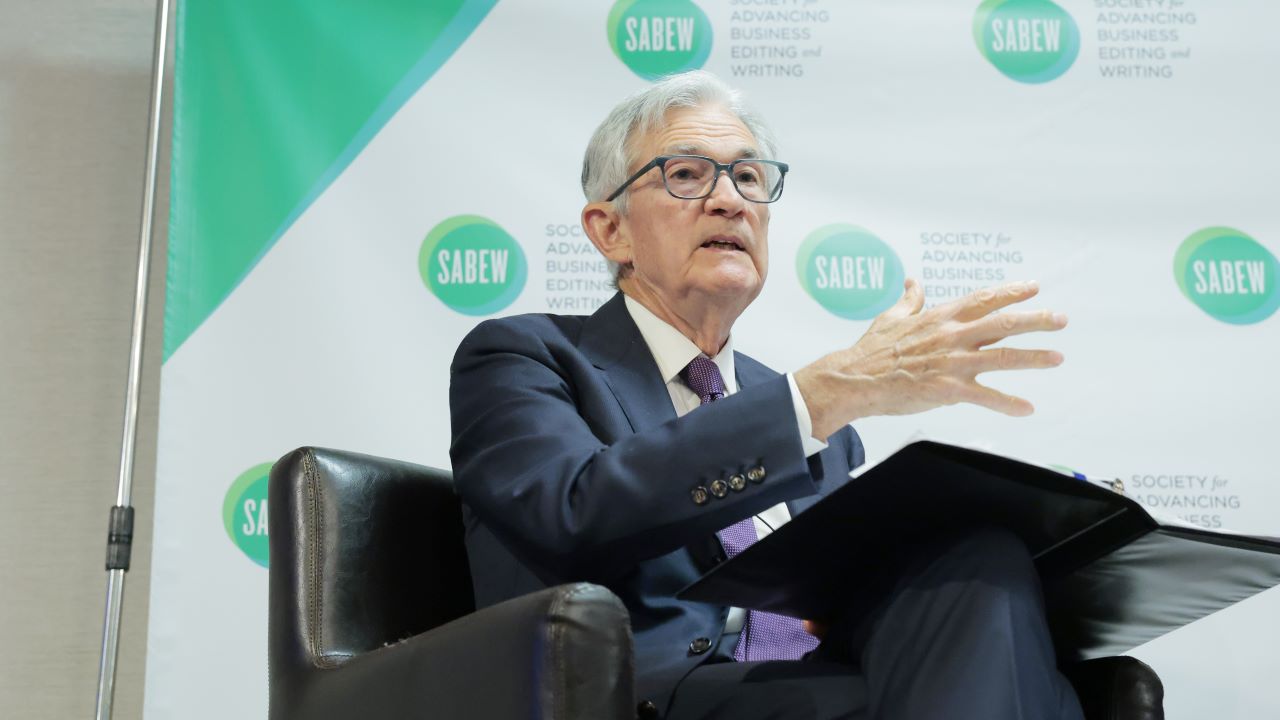How will the FED act amid US tariffs?
The FED is in a quandary as it parses the likely effect of punitive US tariffs. The tariffs act as a negative supply shock that lowers growth and lifts inflation.

The market thinks the outcome will be more, and faster, Fed easing. But the lesson of history is that central banks should pprioritize the inflationary consequences of supply shocks, not the adverse growth implications. Whether the Fed will be able to stick to this is another question.
Most countries around the world have held back from imposing reciprocal tariffs on the US; no doubt mindful of what can happen if they do – witness China. Add to this the inflation-reducing properties of stronger currencies against the dollar and it seems that most central banks can get on with fretting more about weak growth than higher inflation.
The result should be a steady stream of rate cuts. But the Fed is different. The US seems to be the economy that faces the purest adverse supply shock as the tariffs could knock a couple of percentage points off growth and lift inflation by a couple of percentage points at the same time. This leaves the Fed in a quandary but, if it looked to the past it would see that prioritising the control of inflation should take precedence over propping up the economy. This is because the Fed – and other central banks – have had more difficulty in coping with the inflationary implications of previous major supply shocks than the growth implications.
Here we can cite the OPEC crisis of the 1970s but a more recent example lies in the shape of the pandemic in 2020. For while this initially lowered inflation it soon became clear that the post-lockdown surge in demand, coupled with disrupted supply chains was about to unleash substantial inflation in 2021 and 2022.
As usual, central banks like the Fed initially responded to the negative growth effects of the supply shock by easing policy but later had to reverse this policy with substantial rate hikes. In hindsight, central banks should not have eased policy given that economies snapped back from the Covid shock very quickly, so intensifying the inflation threat. Of course, that’s easy to say now and clearly, policy easing in 2020 was a part of the reason why growth rebounded so quickly.
Nonetheless, Steven Barrow, Head of Standard Bank G10 Strategy believes that if central bankers look back to that episode they will conclude, like us, that adverse supply shocks are most dangerous for their inflationary consequences, not their growth impact. So far, it looks as if the Fed has got the memo on this one, but the market has not. For, as fast as the Fed has put out the message that it wants to proceed cautiously when it comes to any further policy easing, the market has gone gung-ho for rate cuts by pricing in action as soon as May or June.
In addition, the market now envisages three-to-four 25-bps cuts this year against only one-or-two before Trump was inaugurated. If the market is right, the Fed will ease soon. If we are right any easing will have to wait until the end of the year. This being said, Steven Barrow doesn’t deny that the Fed will find it pretty tough to hold out against expectations for easier policy this summer if the economy is considerably weaker. The Fed could cut and justify its actions by saying that any rise in inflation is “transitory”, but we’ve heard that excuse from Fed Chair Powell before, which proved incorrect. And while it might seem to many that tariffs will only create a one-off price hike, the Fed also has to bear in mind that there could be ongoing price pressure if Trump gets his wish that tariffs produce more onshoring, as this is almost bound to come at a higher cost. The Fed also needs to remember that inflation expectations amongst businesses and consumers are twitchier on the upside given the experience of 9%-plus CPI inflation under three years ago.
In short, Steven Barrow suspected that the best path the Fed can take is to resist any pressure to ease policy quickly that comes from the market or the Administration. Whether it will be able to do this is another matter, but potentially it could be seeding the ground for another policy mistake.








